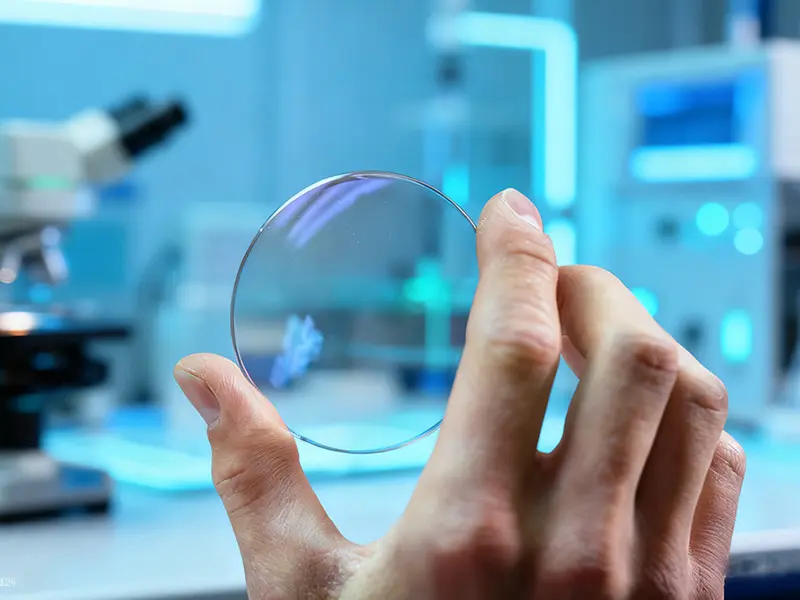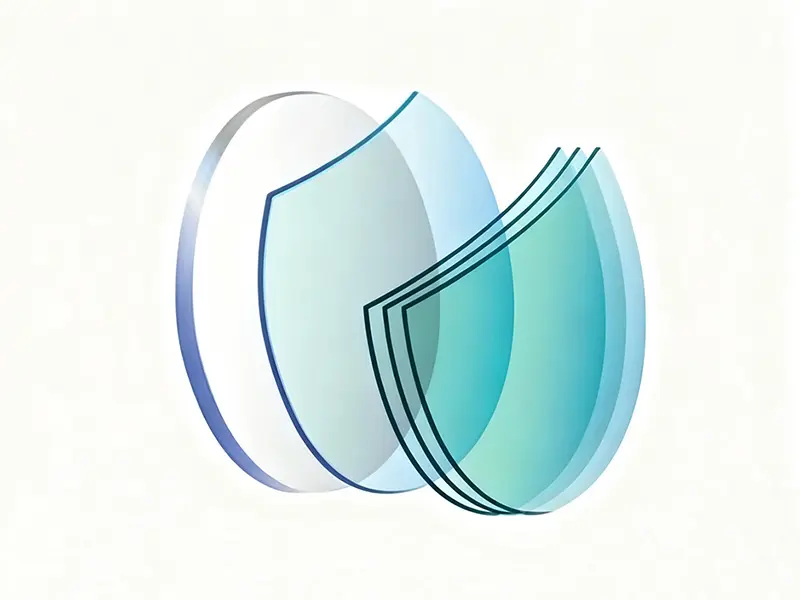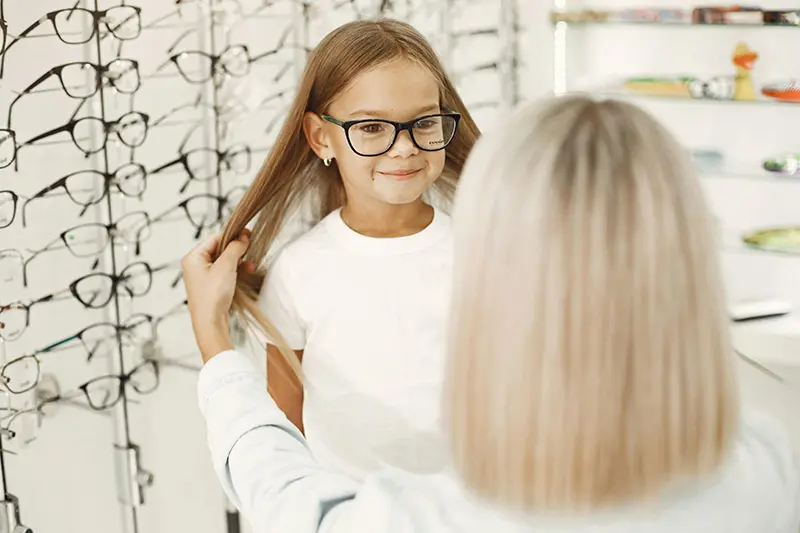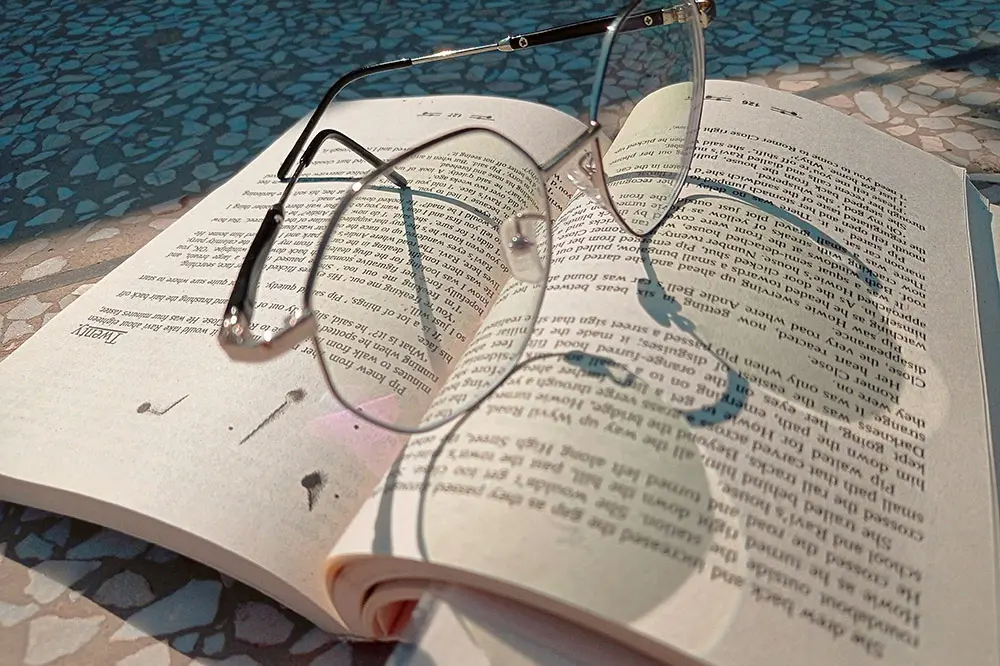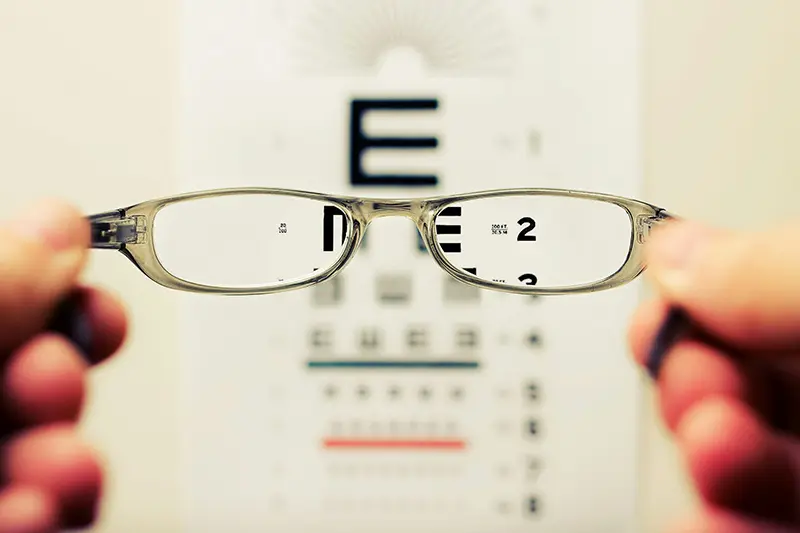Are Blue Light Blocking Lenses Really a Scam?
Do blue light blocking lenses truly protect our eyes? Someone believe they effectively alleviate eye strain and improve sleep quality, while others are skeptical about whether the effect of such lenses is really that magical.
What Are Blue Light Blocking Lenses?
Blue light is one of the colors in the visible light spectrum. It has a shorter wavelength and higher energy: 400-500 nanometers. Blue light affects the retina, a layer of cells lining the back wall of the eye that senses light and sends signals to the brain to allow a person to see.
Blue light blocking lenses work by coating the lens surface with a reflective film to deflect short-wavelength blue light or incorporating blue light-absorbing materials into the lenses. In daily life, sunlight, screens (e.g., monitors, phones, TVs) emit blue light within the visible spectrum. When discussing blue light from electronic devices, it generally refers to wavelengths between 380nm and 500nm.

Are Anti-Blue Light Lenses a Scam?
Whether these lenses are a "scam" depends on how consumers perceive their effectiveness.
It is clearly unrealistic to buy anti-blue light lenses as a "cure-all" solution for eye health, expecting them to resolve all vision-related issues.
Eye strain and vision deterioration stem from factors far beyond blue light exposure. Healthy lifestyle habits and proper screen usage are foundational to preventing eye discomfort.
From another perspective, anti-blue light lenses are not entirely without value. For people who need to use electronic devices for long periods, especially those who use mobile phones or computers at night, anti-blue light lenses may help improve sleep quality and reduce the damage of blue light to the retina.

Who Should Use Blue Light Blocking Lenses?
Adults with prolonged screen exposure: A high-quality pair can mitigate glare and eye fatigue.
People with retinal conditions or post-cataract surgery: Their eyes have reduced natural blue light filtration, requiring extra protection.
Those experiencing chronic eye strain or dryness: If screens leave your eyes tired, dry, or sensitive to glare, these blue light blocking lenses can help alleviate these symptoms.
People seeking better sleep: The use of electronic devices at night may affect the production of melatonin, which in turn affects the quality of sleep. Wearing anti-blue light glasses can reduce this effect to some extent.


